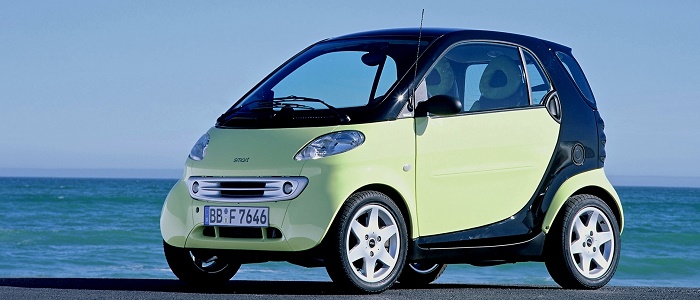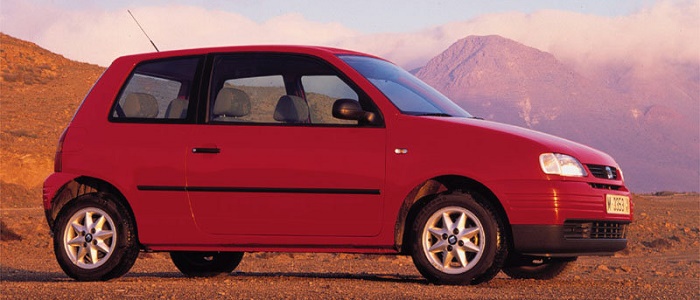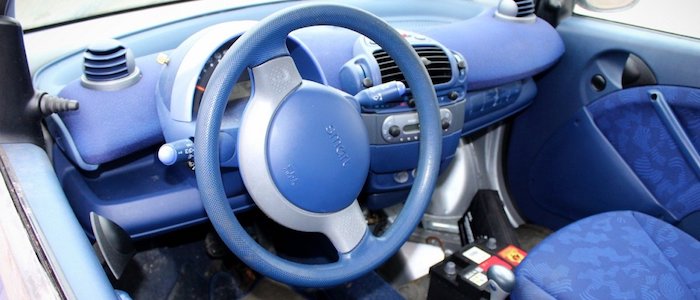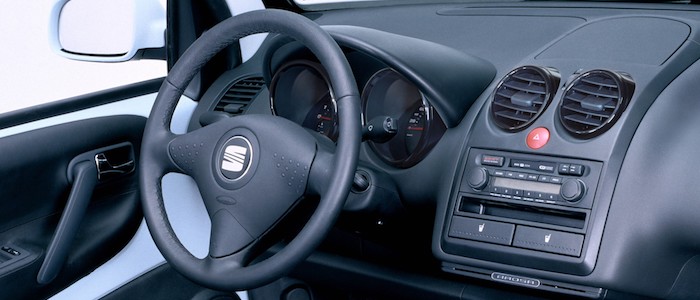Compare two cars
Compare any two cars and get our Virtual Adviser™ opinion
Dimensons & Outlines
Engine
Performance (manual gearbox)
Performance (automatic gearbox)
Expenses
Virtual Adviser's™ opinion
Two significantly similar cars, no doubt about that. Still, each one has something different to offer. Having both cars powered by diesel engines and utilizing the 3-door hatchback body style within the same 'Micro car' segment, the only major difference here really is their wheel drive configuration (rear for the Smart and front in the case of the Seat). The first one has a Smart-engineered powertrain under the hood, a 3-cylinder, 6-valves 41hp unit, while the other one gets its power and torque from a 3-cylinder, 6-valves 75hp engine designed by Volkswagen.
SafetyThe fact that the Smart got tested by the European New Car Assessment Programme (Euro NCAP), while the other contender didn't, isn't really an advantage, taken the poor 3-star rating it received. Moving further on, let's take a closer look at some additional safety-related facts. Both vehicles belong to the micro car segment, which is generally a misfortune safety-wise, but that fact doesn't break the tie between the two cars. On the other hand, taking kerb weight as an important factor into account, the Spanish car offers a considerable difference of 28% more metal.
ReliabilityI don't like generalizing things when it comes to reliability, although it does seem that Smart does have a slight advantage, at least on all of the models level. These are the results of an independent reasearch, while our visitors describe reliability of Smart with an average rating of 4.3, and models under the Seat badge with 4.5 out of 5. The same official information place City-Coupe as average reliability-wise, and Arosa is more or less at the same level.That apart, owners of different cars powered by the same engine as the German car rank it on average as 4.7, while the one under the competitor's bonnet gets 4.4 out of 5.
Performance & Fuel economySeat is way more agile, reaching 100km/h in 7.5 seconds less than its competitor. In addition to that it accelerates all the way to 170 kilometers per hour, 35km/h more than the other car. When it comes to fuel economy the winner has to be the German car, averaging around 3.4 liters of fuel per 100 kilometers (83 mpg), in combined cycle. We can't ignore that 26% difference compared to the Spanish car.
Verdict
Smart appears just a bit more reliable, although the difference is truly marginal. The most important thing when deciding between any two vehicles should always be safety, both passive and active. In this case though, it seems that both cars show similar levels of passenger protection all together, so that won't break a tie. But one thing that actually could is the performance, with Seat outracing its opponent in any situation possible, making it better choice for boy racers. It does come at a cost though, and that's the fuel consumption... It's really tough to make a final decision here, but if I'd need to, I'd say Seat. In any case that's my personal view, built upon all the data available to me. What should decide here though is the way you feel about the two vehicles, and I hope you'll find my guidelines useful in the process. I suggest you spend two more minutes in order to find out which car, based on your needs and budget, would be picked by the virtual adviser™, among more than 12.000 different ones in our database.


































